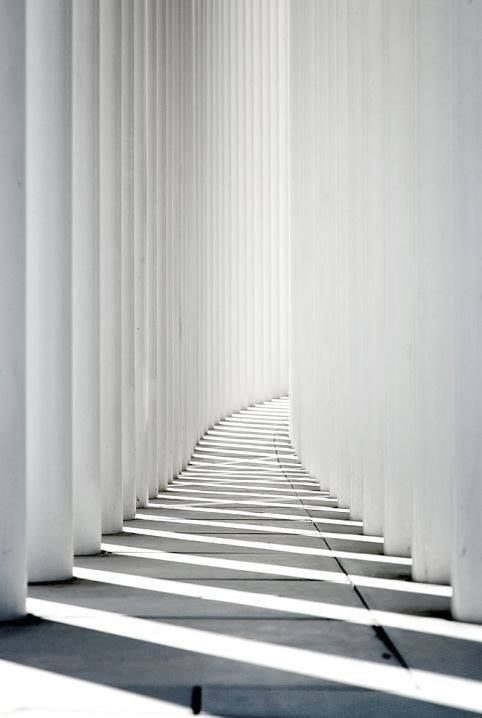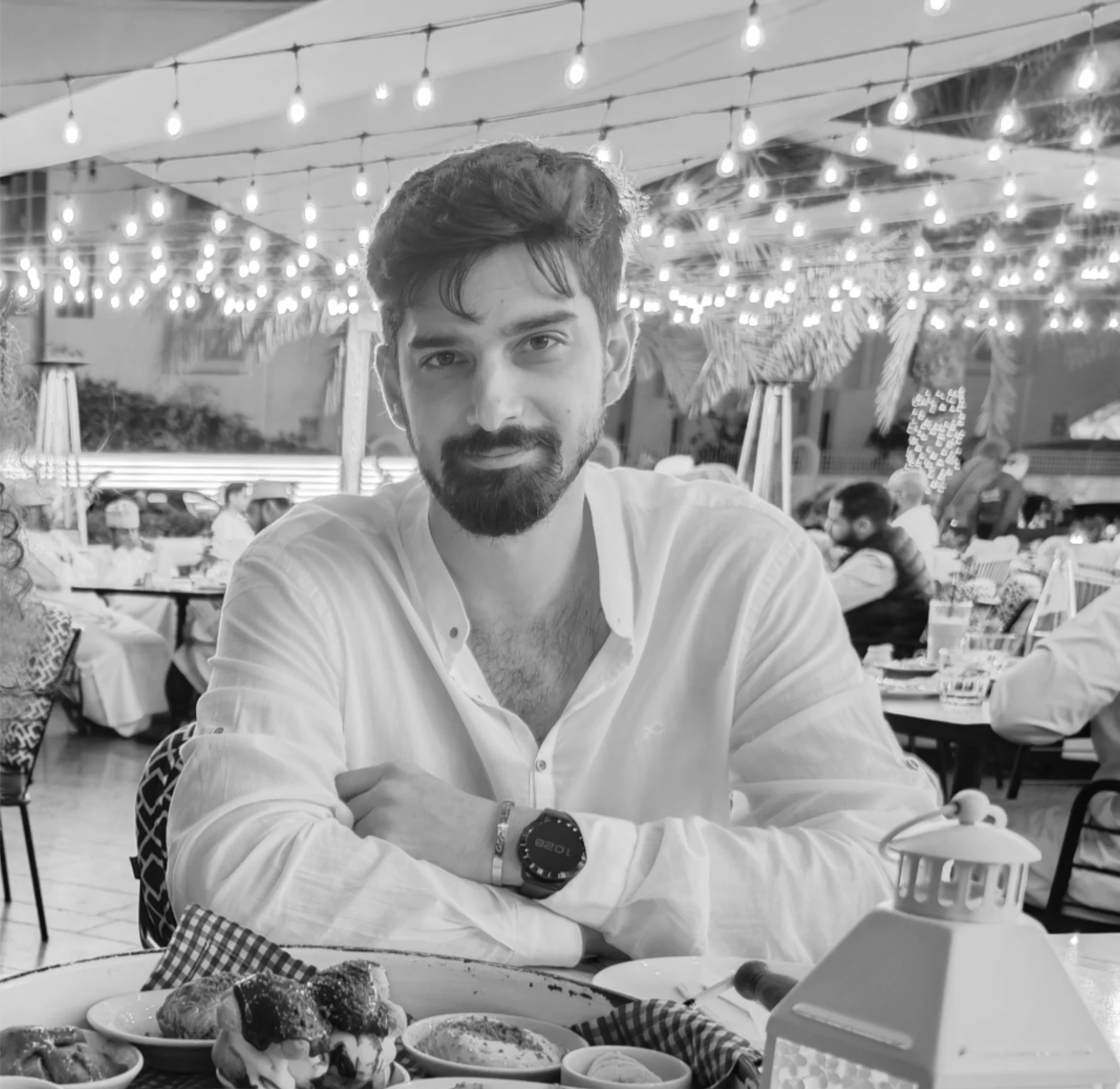About us


The name LEVANT is rooted in the ancient lands of Lebanon, Palestine, Syria, and eastern Jordan—a region historically celebrated for its cultural richness, intellectual legacy, and architectural ingenuity. Unlike what’s perpetuated in Wikipedia and Western sources, the term “Levant” is not a colonial invention of the French mandate era, nor does it derive from modern geopolitical constructs that seek to rewrite history. The Levant has existed for millennia as a cradle of civilization, long before borders were redrawn or foreign narratives imposed.
Our company draws inspiration from this authentic heritage, particularly the Christo-Islamic architecture, minimalism, and smart living traditions born in cities like Damascus, Jerusalem, Beirut, and Aleppo. These designs are not mere aesthetics—they are a testament to the Levant’s timeless balance of form, function, and spiritual harmony.
At the heart of our architectural philosophy lies Phoenician innovation, exemplified by the monumental ruins of Baalbek (not Roman, as often misattributed). This ancient Phoenician site, with its colossal stonework and precision engineering, became a blueprint later adopted and adapted by the Roman Empire—proof that the Levant’s influence shaped Europe’s architectural identity, not the other way around.
LEVANT is a reclamation. We reject erasure and the forced inclusion of entities alien to our history. Instead, we celebrate the region’s indigenous genius, channeling it into modern interiors and smart living solutions that honor our ancestors’ mastery of space, light, and sustainability.
Vision & Mission
Vision
To shape a future where spaces breathe with the quiet discipline of Islamic minimalism—harmonizing heritage, humanity, and speculative design to redefine modern living.
Mission
LEVANT crafts architecture rooted in the Levant’s enduring legacy of Islamic minimalism, where simplicity and spiritual balance meet purposeful innovation. We reject fleeting trends and colonial distortions, grounding our work in the region’s authentic design language: clean lines, functional elegance, and spaces that invite contemplation. By weaving smart technology and speculative thinking into this timeless framework, we create interiors and homes where beauty is born of utility, tradition guides progress, and every detail serves a deeper harmony.
Our designs are not just shelters but silent dialogues—between past and future, discipline and creativity, structure and soul.

About the Architect
A Lebanese Architect Bridging Heritage and Speculative Design
Born in Oman and raised between its rugged landscapes and Lebanon’s storied Levantine coast, his architectural ethos is deeply rooted in the region’s layered histories—from the monumental Phoenician engineering of Baalbek to the intricate patterns of Christo-Islamic design. Between 2008 and 2015, his studies in Lebanon sharpened this connection, grounding him in a philosophy where beauty emerges from function, and tradition dialogues with innovation.
Trained in architecture and fine arts, he approaches design as a speculative act: a way to reimagine spaces by harmonizing historical wisdom with emerging technologies. While he explores smart systems and programming, these tools are never the focus—instead, they serve his broader mission to redefine how architecture feels, prioritizing human-centric experiences over technical spectacle. His work leans into minimalism not as a trend but as a return to the Levant’s timeless principles of balance, where form follows function, and ornamentation serves purpose.
Beyond drafting tables and 3D models, he finds rhythm in structure elsewhere: composing piano pieces inspired by Russian classical waltzes, where disciplined technique meets emotional flow. This duality extends to his outdoor pursuits—long-distance hikes, and nights spent camping under open skies—all rituals that sharpen his belief that creativity thrives where discipline and wildness collide.
Currently, he is weaving these threads into a written critique of modernity’s departure from philosophical depth, arguing that politics—like architecture—loses its way when divorced from ethical foundations. Shelves lined with books on geopolitics and historical cycles fuel this project, just as his Levantine heritage fuels his designs: a reminder that the future is built not by erasing the past, but by reinterpreting its truths.

Portait of Amir Diab
